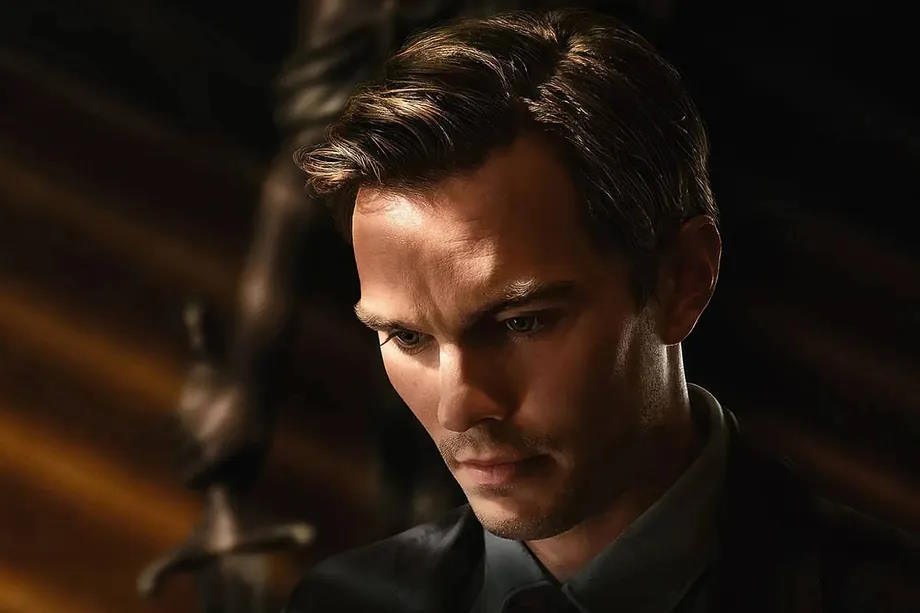Cicero recounts in his treatise on old age that Plato died at 81 and that death caught him in the midst of writing his last book; that Isocrates wrote at 94 'Panathenaic' ("And it is known that he lived for another five years") and that his teacher Leontino Gorgias reached 107 and when asked why he wanted to keep living, he replied: "I have nothing to reproach about old age." One can imagine Clint Eastwood and his impeccable 94 years in front of his latest work, and there is no choice but to surrender. It is not clear if 'Jury No. 2' is his last film, but if it were, few farewells so perfect, so vital, and so detached from the condition of farewell.
'Jury No. 2' largely insists on the core of a filmography and even a life obsessed by the wounds of guilt, by the sense of justice, and by the many inconveniences of communal life. The director of 'Unforgiven', 'Mystic River', and 'Million Dollar Baby' (all major works) resumes that hidden course of a cinema where the fiercest of libertarians coexists with the most upright of moralists. Stepping away from the recent obsession with hardworking anonymous heroes, one could say that the filmmaker returns to the best of himself not so much to purge sorrows or take stock but simply to remind himself and us that, at times, the best cinema rests on a single still shot of a fleeing gaze, a furtive gesture that betrays, or nothing more than a doubt.
The film refers to the great closed-door judicial dramas. The memory of Sidney Lumet's transparent and effective cinema in '12 Angry Men' breathes in every sequence with a certainty very close to all abysses. The story seems as improbable as it is captivating. And very murky. A man is chosen as a juror in the trial of a homicide (or perhaps murder) for which he, not the accused, is actually guilty. What follows is a deliberation close to eternity, whether inside the deliberation room or in the deepest recesses of a burning conscience. To confess and sacrifice in an act of truth that is also one of justice, or to remain silent and let life take its course. In truth, everything is more complex. The protagonist is also innocent (it was all just a mistake, an accident), but he has no way to prove it. That is to say, if he reveals himself to everyone, regardless of his reasons, he loses and so does the truth. And if he remains silent, an innocent person loses and so does justice. Can justice be different from truth? Where does that famous aphorism that justice is truth in action stand? And so on.
'Jury No. 2' progresses across the screen with each shot in its place, guided by a spiral structure as absorbing as it is revealing, as effective as it is free of embellishments. The impeccable work of both Nicholas Hoult, in the role of the juror at odds with his fate and guilt, and the ever-reviving Toni Collette, as a ruthless prosecutor, punctuates each tiny tragedy with a depth equal to its transparency. The profound lies on the surface. Eastwood returns to his cinema of long phrases, of scenes solely focused on the weight of gazes, of perfectly calculated ambiguities, and of a rare classicism that suddenly seems almost avant-garde. And all of this is supported by a chorus of voices (J.K. Simmons, Kiefer Sutherland, or Cedric Yarbrough) that not only provide depth and profundity but ultimately shape the stage of a mirror that reveals: they are us.
The result is a film that is also a testament to life. Definitely, in Eastwood's old age, all the youthfulness of the world fits.
Director: Clint Eastwood. Cast: Nicholas Hoult, Toni Collette, J.K. Simmons, Kiefer Sutherland, Chris Messina. Duration: 117 minutes. Nationality: United States.
